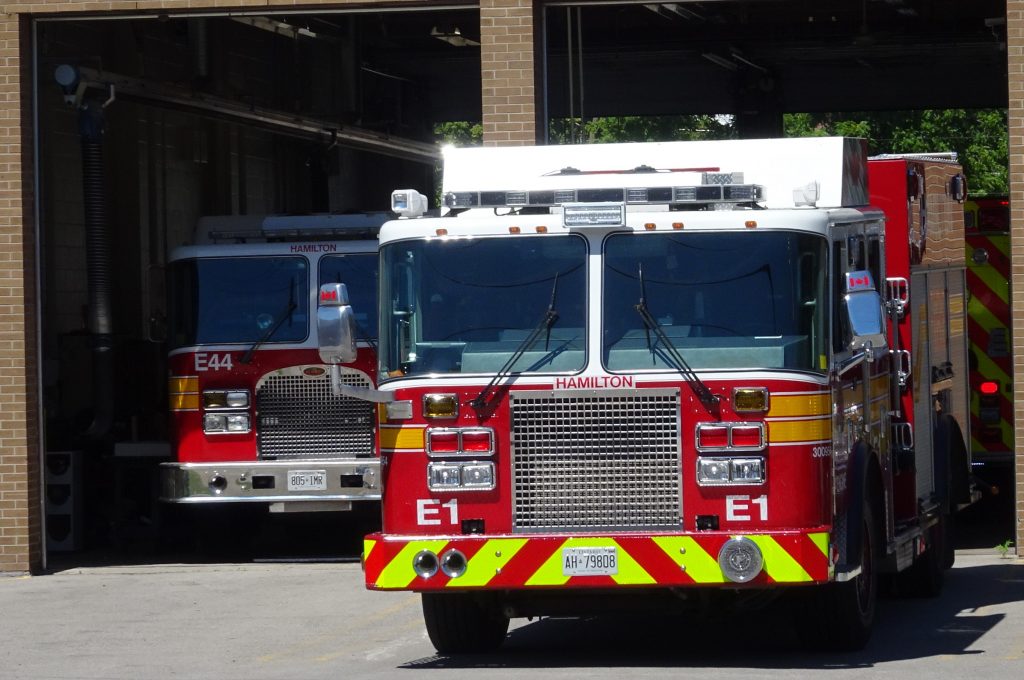
What is the problem?
Firefighting is a stressful and physically demanding job. Firefighters are repeatedly exposed to events that cause physical and mental stress. Critical incidents are traumatic events that evoke strong negative emotions and may lead to mental health problems. The purpose of this study was to describe the proportion of full-time firefighters from a single fire service in Canada who were exposed to critical incidents over a two-month period. We also wanted to identify which critical events occur most often.
How did the team study the problem?
We recruited 300 full-time firefighters from the Hamilton Fire Department in Ontario, Canada. The firefighters answered a survey called the “Critical Incident Inventory” which listed 24 potential situations categorized as critical incidents based on six themes: trauma to self; victims known to fire-emergency worker; multiple casualties; incidents involving children; unusual or problematic, tactical operations; and exposure to severe medical trauma. For each situation, firefighters rated how often they were exposed to this event in the past two months.
What did the team find?
293 out of the 300 firefighters completed the survey. We found that 85% of the firefighters indicated exposure to some type of critical incident in the past two months. The 5 most commonly reported critical incidents were: 1) “Responded to incident involving one or two Deaths” (64%); 2) “Direct exposure to blood and body fluids” (53%); 3) “Responded to incident involving multiple serious injuries” (33%); 4) “Incident requiring police protection while on duty” (24%); 5) Threat of serious line of duty injury or threat of death to fellow emergency worker (that did not result in actual serious injury or death)” (24%). The number of critical incident exposures in firefighters did not vary by the age, gender, years of service or rank.
How can this research be used?
The FIREWELL team will survey additional fire services across Canada to identify if the frequency and nature of critical incident exposures vary in different regions (e.g., urban/wildland, career/volunteer). The study findings can also be used to develop case scenarios for mental health programs for firefighters.
Cautions
Our study results were based on a sample of 285 men and 8 women firefighters from a single fire service. The recall period for the survey was only 2 months so firefighters reported only recent exposures.
Funding Sources: Canadian Institutes for Health Research (FRN: 114112)
